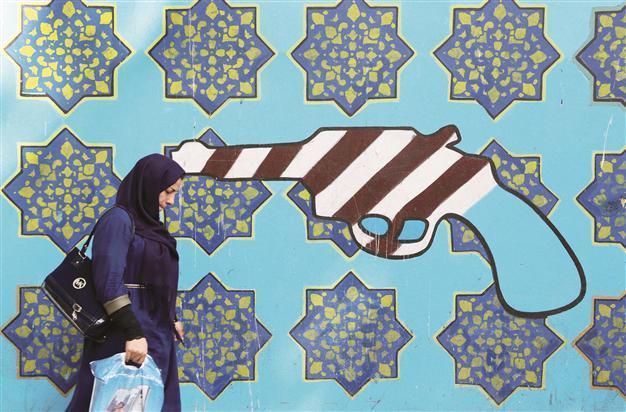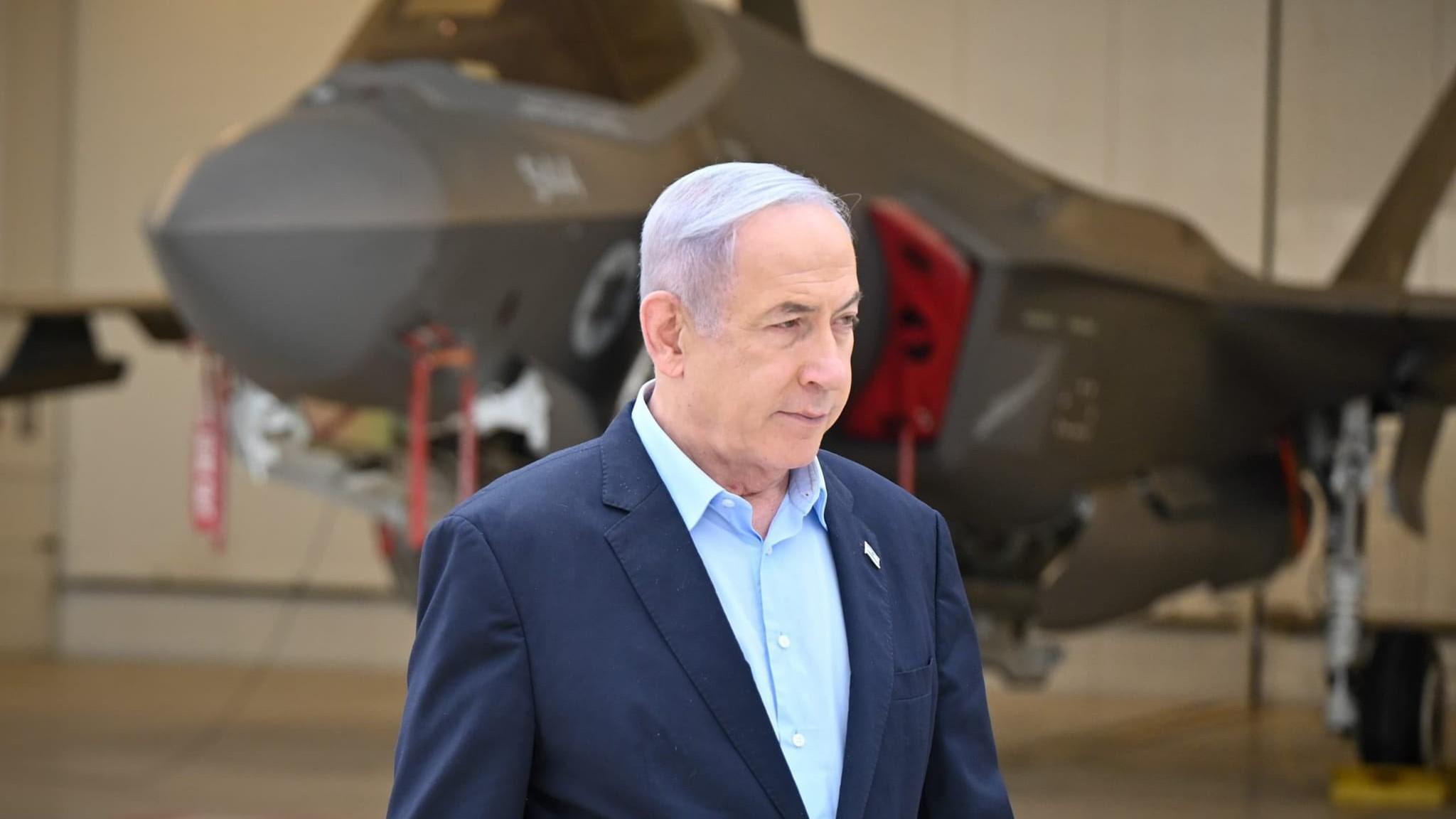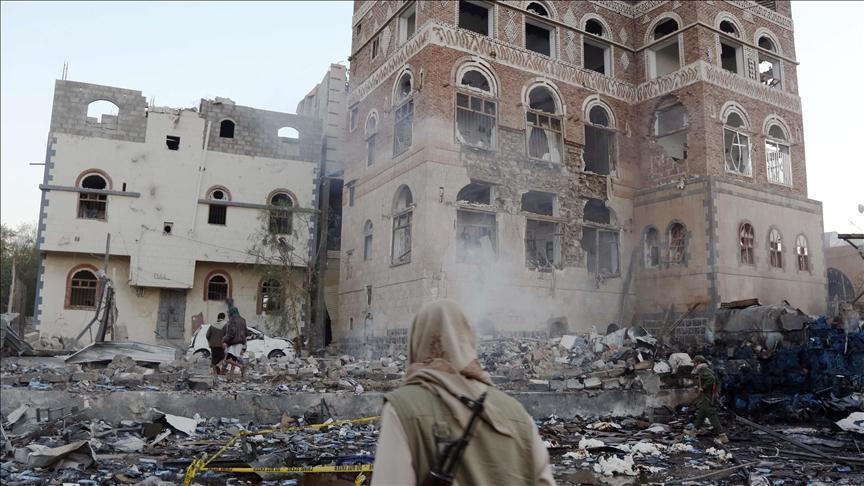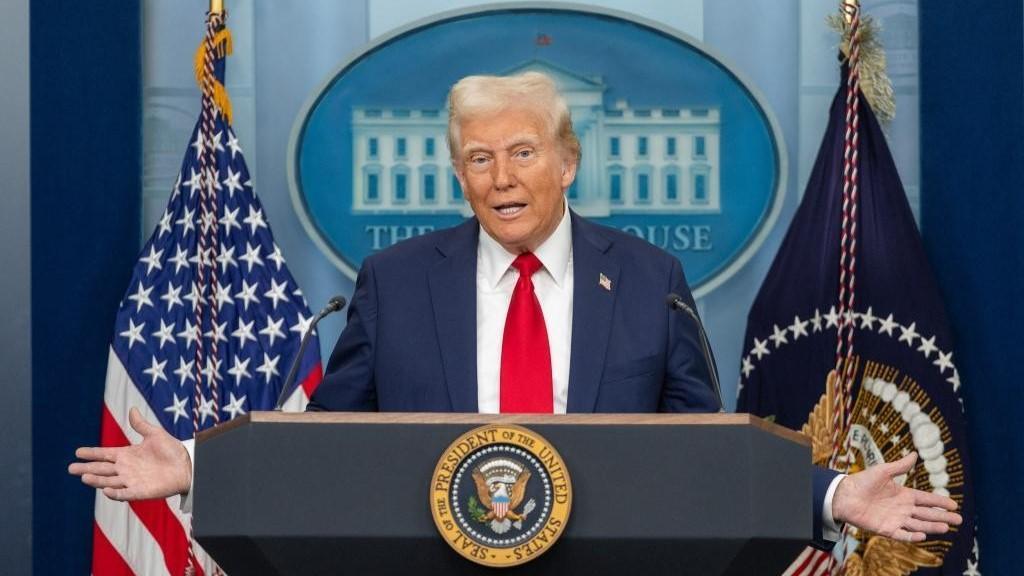Israel gripped by Iranian rather than ISIL threat
Emine Kart - JERUSALEM

AFP Photo
Israeli officials have clearly drawn a line between potential threats posed by Iran and jihadists against their country, putting at Tehran at the top of the list.Iran’s regional strategy is also a key factor that should encourage and facilitate the normalization of bilateral relations between Turkey and Israel, the officials said, describing the two countries as two democratic states with functioning political systems.
The fighters of the Islamic State of Iraq and the Levant (ISIL) are on Israel’s borders, in the Sinai and in the Golan Heights, a senior Israeli diplomat told a group of journalists from Turkey earlier this week.
“Global jihad is sitting in Sinai Peninsula, on the Golan Heights,” the diplomat, speaking on condition of anonymity, told the visiting group.
According to the senior diplomat, however, ISIL will not disappear in a year particularly because it is a phenomenon with political roots and due to the absence of a strategy against the jihadist group by the U.S.-led coalition.
“Israel is not going to shape the Middle East whereas the priorities of Gulf countries have been constantly changing,” he said, indicating Israel’s unwillingness to open a new front against ISIL.
“Given these conditions, there is a consensus in Israel on the threat list. Accordingly, Iran-Hezbollah tops the list, Hamas is in the second row and global jihad is in the third row,” the diplomat said.
Elaborating on the reasons for such conviction, he said Iranian President Hassan Rouhani had made no changes in terms of supplying arms to Hezbollah. Iran will not give up sponsoring proxies in the region despite a nuclear deal between it and world powers, he said, while underlining that Hamas’ military wing was inclined to cooperate with Iran rather than countries like Saudi Arabia, Turkey and Qatar.
“Hamas is clashing against Salafists in Gaza and against ISIL in Sinai Peninsula, but it is all tactical,” he said.
Israel has bitterly opposed the nuclear deal.
At a gathering with the same group of journalists, a second senior Israeli diplomat, who also spoke on condition of anonymity, said Iran’s complexity as a threat in many areas made it an incomparable threat.
“Jihadism is a process of negative evolution. It hasn’t started today; the tip was once al-Qaeda. It is like the ‘Alien’ series; each time, a new one is born. So it is a very long-term problem: ISIL has territory and economic/financial resources, and it is able to recruit fighters, while its dominant ideological force is stronger than the Taliban, the Wahhabis and al-Qaeda,” he said.
“Iran is a bigger problem than ISIL, with its three layers which makes it more complicated. The nuclear military project, its massive support for terrorism and its impact on regional stability,” the second diplomat said, highlighting Iran’s outreach in the region.
“For various reasons, the Middle East has become a mad house. At least four states are either gone or crumbling down; Syria, Iraq, Libya and Lebanon,” he said, while noting that Turkey had a functioning political system and that Jordan and Egypt were indispensable partners for Israel, mainly due to their stability.
“Under these conditions, threats posed by a terrorist organization like ISIL and a big country like Iran are not comparable for us. Iran is a bigger threat than ISIL,” he said.
The diplomat also maintained that the nuclear deal was offering a lot to the Iranian side while not requiring Tehran to give much in return.
‘No Sunni-Shia, but division of extremism’
Former Foreign and Justice Minister Tzipi Livni, now a member of the Knesset as a co-leader of the Zionist Union, interpreted the threats against Israel slightly differently.
“The division in the region is between extremists and others. Whether they are extremist Sunnis like Daesh [the Arabic acronym for ISIL] or a Shiite state like Iran with an extreme ideology, both of them represent a threat to the state of Israel because of their unwillingness to accept Israel’s right to exist. They are not representing just a threat to the state of Israel, but also a threat to the entire world,” Livni told the group at a gathering at the Knesset.
“I believe that everyone needs to take a side; different sides are not between Sunnis and Shiites but are between those who represent extremism or not. The world should act together against ISIL and against Iran,” Livni said.
Defining both Israel and Turkey as democratic states, she expressed a willingness to join forces between the once-close allies. Declining to comment on an ongoing process of normalization as a former minister responsible for foreign affairs, she said the normalization efforts were “not limited to gestures or steps as the issues were being dealt in details.”
Livni, who maintained that both countries had benefitted from their relations with each other in the past, expressed hope of joining forces with Turkey in a show of defiance against both ISIL and Iran.
















